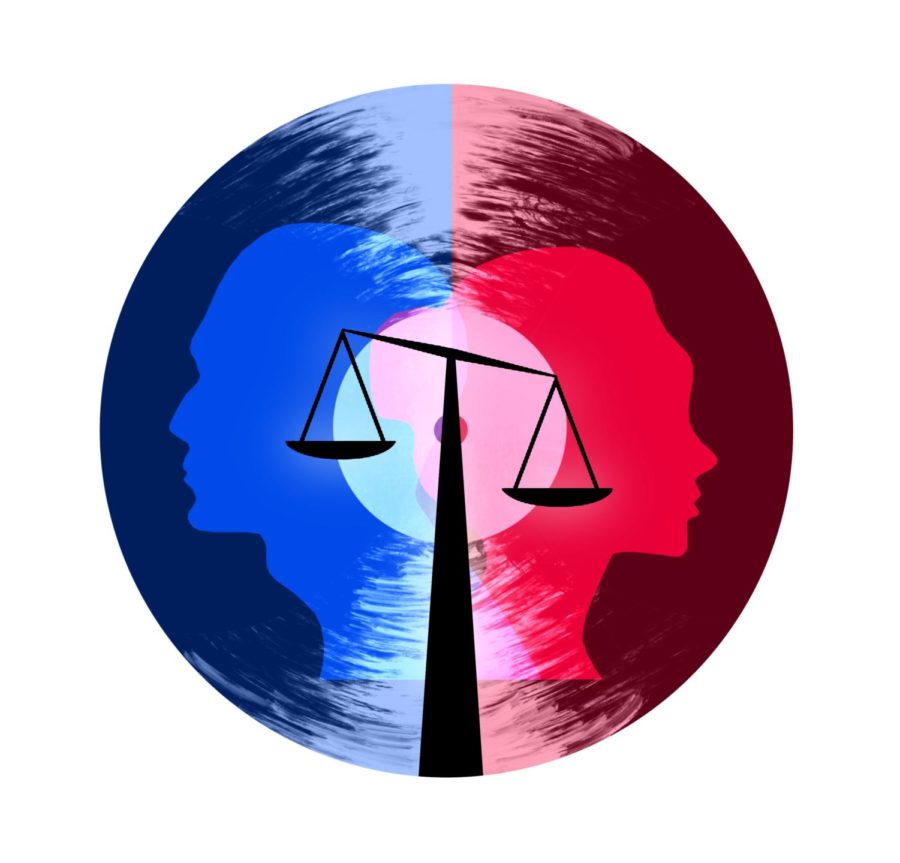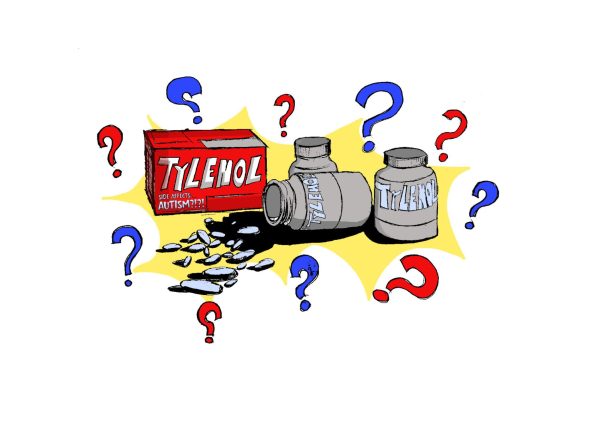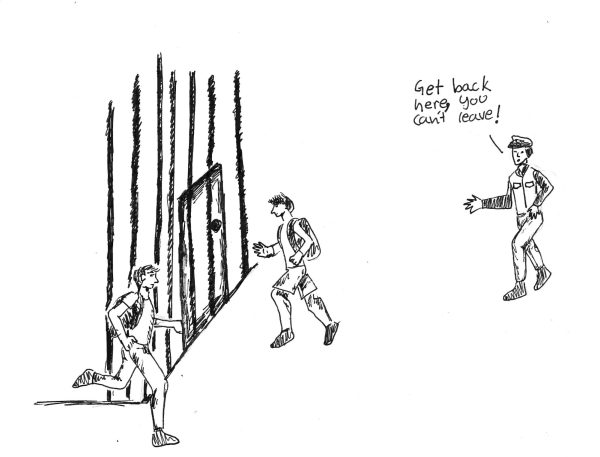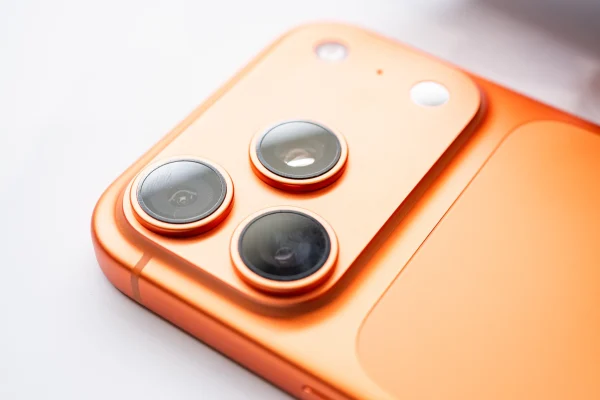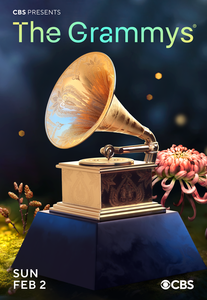Misogyny in the Music Industry
Misogyny is an everyday thing for most women, and unfortunately women in the music industry have it the hardest. Being themselves, women in the public eye are prone to more backlash than men, mostly because of the lack of consequences and accountability made by the patriarchy that sexualizes women for expressing themselves. Women in the music industry get shamed, sexualized, and criticized for their bodies if they either show too much or too little skin.
These double standards are harmful for a variety of reasons; for instance it is very common for underage women to be criticized as if they were adults. For example, When Britney Spears was 17 years old, a Dutch interviewer, Ivo Niehe, asked about her breasts and whether or not she had breast implants. I personally think this is disgusting, not only because she was a minor, but because the question was irrelevant.
As singers, questions these women expect to be asked should be related to their music, however perverted men always bring the conversation back to their sexual image. Artists like Ariana Grande and Lady Gaga get sexist interview questions and they handle them beautifully. I am only talking about music artists here, but many women who are famous such as actors or models get sexualized pretty much the same way.
Another example is when Cardi B and Megan Thee Stallion received backlash for their music video “W.A.P.” Their song empowered many women to feel in control of their own bodies and to help them love themselves. According to Megan in an interview with GQ, she said, ¨Some people just don’t know what to do when a woman is in control and taking ownership of her own body.¨ Because of this people felt entitled to give her backlash, saying, “they were sexualizing themselves” or calling it an “act of perversion.” However, when men speak their mind through vulgar comments against women, the media turns a blind eye. There is no specific example of men and their vulgar comments other than watching the interviews side by side and acknowledging the biases.
Parents were concerned for their children, because it really was not suitable for them. Cardi B responded that it was not her responsibility to monitor what their kids watched, to which I completely agree. Cardi B and Megan should not have been getting hate for a song when it’s not hurting anyone, especially when mid ‘80s to early ‘90s hip hop had the most vulgar and degrading lyrics towards women.
An example of double standards would be through the way men are approached in the industry. The song I would like to mention would be “X is Coming” by DMX. He describes breaking into a house and raping a 15 year old in front of her father. His lyrics are extremely damaging and hard to read and listen to, let alone explain. Another artist who has vulgar lyrics is Kool G Rap. His song, “Hey Mister Mister” describes beating his girlfriend because she cheated, who he repeatedly calls a derogatory and demeaning name. He describes beating her in public as people walk past. “I stomped her and I kicked her and I punched her in the face. Some people crowded around but nobody got out of place.” I find this disgusting and heartbreaking. How could someone sit down and write such horrible lyrics about abusing their girlfriend? It’s like he thought she was his property.
Personally, what inspired me to write about feminism and misogyny in music was ‘70s, ‘80s, and ‘90s female rock, especially Joan Jett. She fought against gender stereotypes and wanted to empower women to break those gender stereotypes. At a young age she was told that girls can play the acoustic guitar, not the electric guitar. But she didn’t care. She started her first band, The Runaways in 1975, with their most popular song “Cherry Bomb.” Jett didn’t give up after The Runaways broke up in 1979. She moved on and formed Joan Jett and the Blackhearts. She fought hard for what she wanted and worked hard on the things she was passionate about and I admire that a lot. I think it’s hard enough being a woman in the music industry today, but in the ‘70s and ‘80s? It’s very impressive how much she accomplished.
It’s hard to be in the public eye and to be watched over by thousands or millions of people for anyone regardless of gender. I think it’s very important for people to understand that loving yourself and feeling beautiful comes in many different ways for different people. Women get so much hate for a scandal taken out of proportion, so I think it’s harder for women to be treated with respect and be taken seriously like their male counterparts in the industry. The double standards I noticed go both ways in this industry, interviewers primarily ask women about their beauty and not their work, yet in interviews their male colleagues are asked about their professional point of views. It has got to a point that women interviewers ask the questions just about beauty. There is absolutely no reason for sexsism and misogyny to still be happening today or really ever, but it still is such a big problem and will be for a while. Music is loved by many people and I love when women in music do what they want to do. It teaches young girls that even though there is sexism, there will always be feminism.



